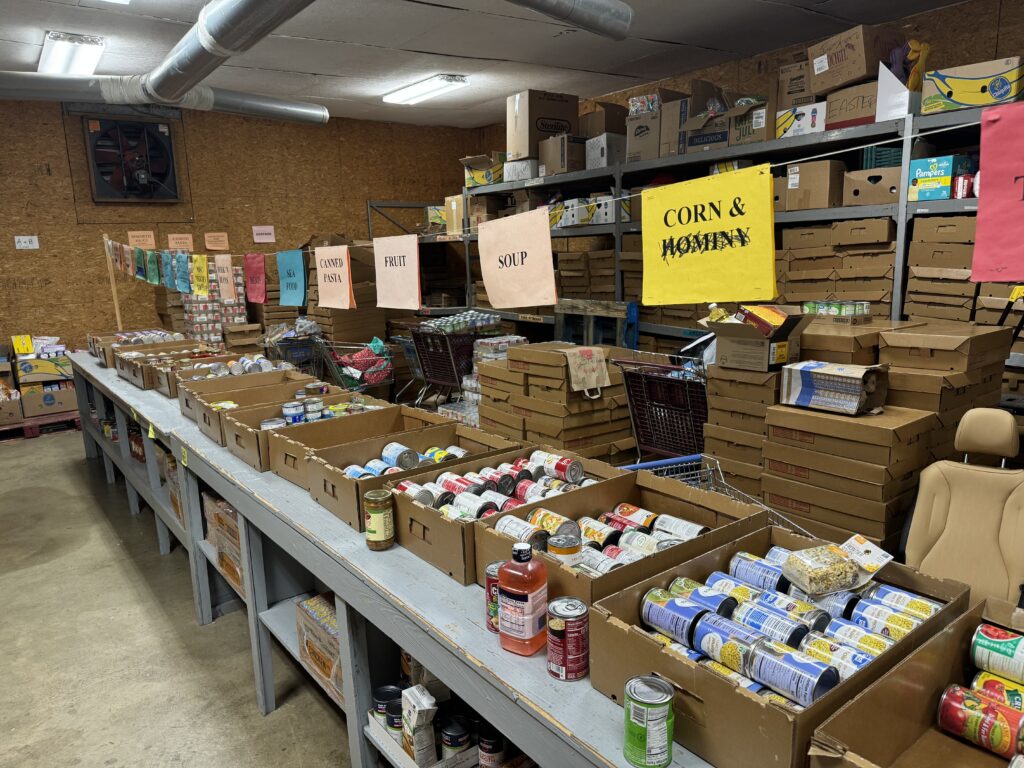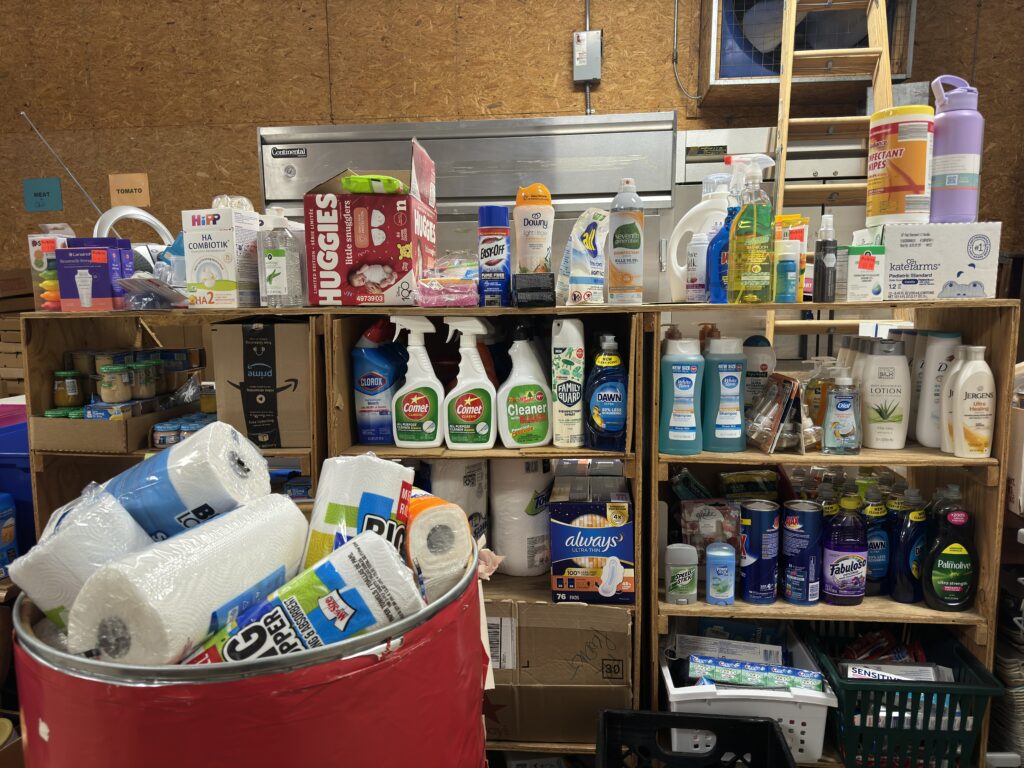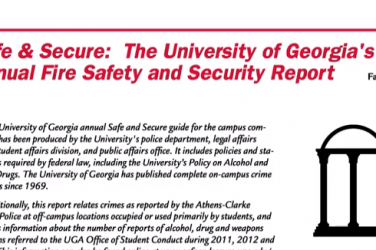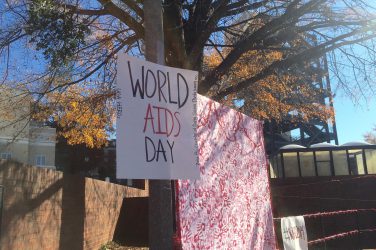For many, buying shampoo, conditioner, deodorant or laundry detergent is an afterthought. But for thousands of families in Athens, these essentials are a financial burden often forcing difficult trade-offs between hygiene and other necessities like rent, utilities and food.
Hygiene insecurity, sometimes referred to as hygiene poverty, describes the inability to afford essential personal care products necessary for health and well-being. It disproportionately affects low-income individuals and is largely overlooked compared to food insecurity. While national and state assistance programs like the Supplemental Nutrition Assistance Program (SNAP) help put meals on the table, they do not cover basic non-food necessities such as soap, toothpaste or feminine hygiene products.
Locally, Athens-area organizations are stepping up to address this issue. The Athens Area Emergency Food Bank, located on Barber Street, integrates hygiene products into its donation cycle, recognizing the financial strain these items place on families.

“We all have to bathe. We all have to brush our teeth. We all use toilet paper and paper towels. Hopefully we’re all cleaning our bathtubs and our dishes and things like that. But those food stamp dollars that the families have, won’t apply toward those particular necessities,” said Kim Ramos, director of the Athens Area Emergency Food Bank.
The Athens Area Emergency Food Bank operates on a referral basis, allowing families to visit up to six times a year, for a week’s worth of groceries.

According to Ramos, at the end of the visit, households can also select personal care or household products based on family size.
This financial strain is only growing as the cost of personal care products continues to rise. The U.S. Bureau of Labor Statistics (BLS) reported in a consumer expenditure survey that the average yearly spending per consumer unit, the expenses shared by a household or group of individuals, was $77,280 in 2023. Personal care products and services were among the largest percentage increases in expenditures from 2022 to 2023, rising by 9.7%.
As prices rise, personal care and household item donations to shelters and food banks like the Athens Area Emergency Food Bank become even more essential in easing the tough decisions families must make between hygiene and other necessities. By providing access to these essential items, donations help reduce the burden on families who might otherwise have to sacrifice hygiene for rent, utilities or food.
Kim Ramos, Athens Area Emergency Food Bank Director, discusses the impact of these donations on the Athens community.
For many families, when donations aren’t available and personal care products remain out of financial reach, they are forced to make tough compromises.
A Feeding America survey, conducted to better understand how low-income households manage essential non-food expenses, found that 40% of low-income respondents had postponed or missed rent payments to afford non-food household and personal care items. Among 350 respondents, common coping mechanisms included using less product (88%), skipping dishwashing or laundry (69%), washing only their children’s clothes (63%) and delaying shampooing (55%). Some also reported reusing paper towels (43%), brushing teeth without toothpaste (37%) or even reusing diapers (32%).
Hygiene insecurity can affect dignity, health and opportunity. Without basic self-care products, individuals may struggle with school and job attendance, as well as mental well-being.
“We need food, we need water, we need air, and so people are generally inclined to help support those basic needs,” Ramos said. “And when it comes to things above that, I think a lot of folks consider it frivolous.”
In Georgia, where one in eight people face food insecurity, hygiene insecurity remains an overlooked challenge. Donating personal care products like lotion, deodorant, or laundry detergent to local food banks can ease financial strain and help families regain a sense of dignity and confidence.
Sophie Davenport is a journalism major at the Grady College of Journalism and Mass Communication at the University of Georgia.








Show Comments (0)